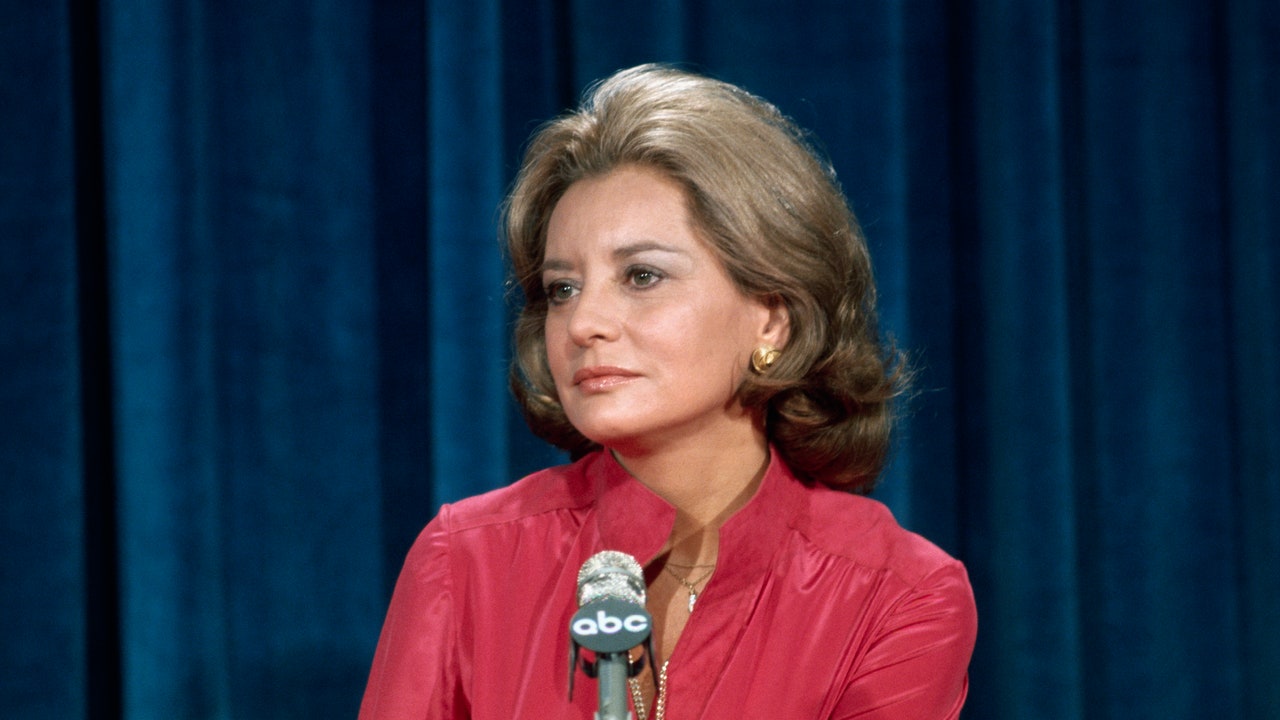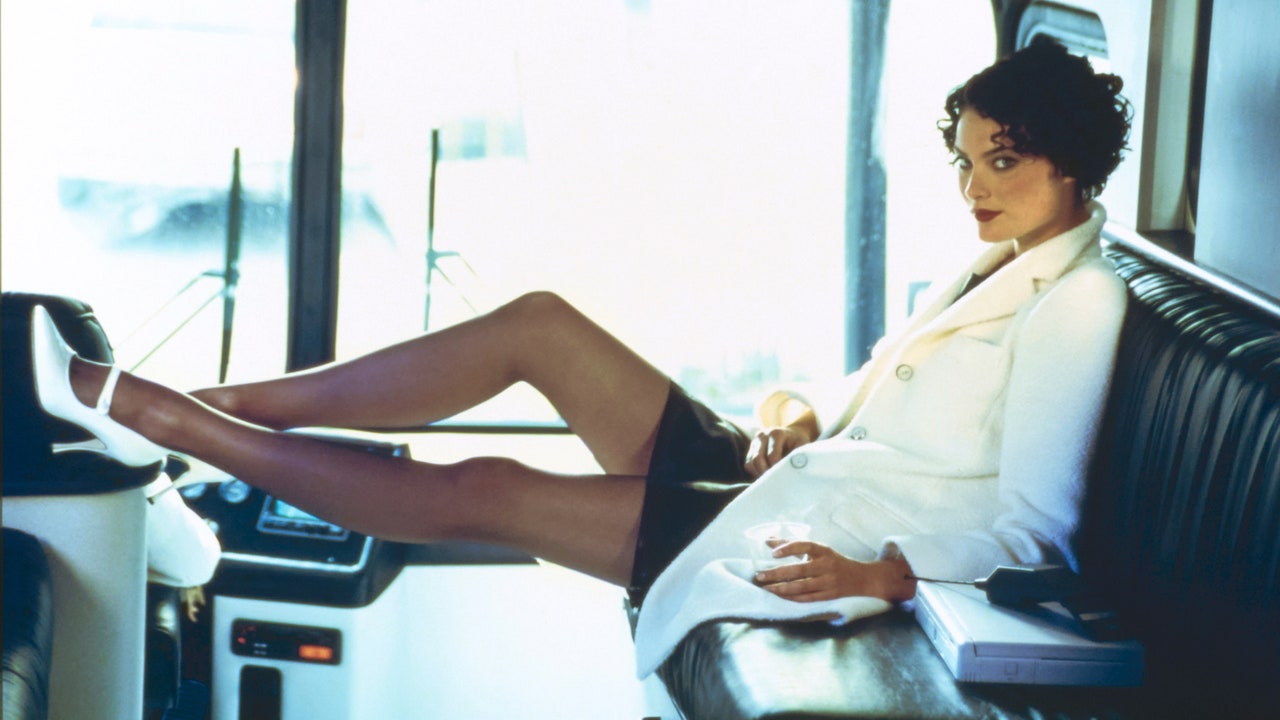At her greatest, Barbara Walters was a singular tv expertise and a pointy interviewer. She was persistent in a sexist business that usually spurned her and she or he didn’t draw back from asking overtly private questions, prying into the lives of the rich and highly effective. When interviewing the Kardashian household in 2011, she posited her impressions—in that unforgettable voice: half Boston accent, half lisp—fairly plainly: “You don’t actually act. You don’t sing. You don’t dance. You don’t have any, forgive me, expertise.”
Her demand for nothing in need of the complete story from her interviewees projected the cool confidence of a lady in cost. However privately, Walters had her struggles and insecurities. She lacked confidence in her seems. An unmatched concentrate on her profession led to a strained relationship together with her daughter, Jackie. In the meantime, most of the relationships she nurtured had been transactional in nature. And in accordance with the editor of her biography, “she didn’t have the strongest ethical compass.”
Walters’s achievements and shortcomings are given equal airtime within the new documentary Barbara Walters: Inform Me The whole lot, which premiered at this yr’s Tribeca Movie Competition and lands on Hulu in the present day. Made in partnership with ABC Information Studios, the movie incorporates archival interview tape, in order that a lot of Walters’s posthumously produced story is advised in her personal phrases. After which there are the previous topics of her interviews, together with Oprah Winfrey, Monica Lewinsky, and Bette Midler, who mirror many years in a while what it was prefer to be in Walters’s scorching seat. She had an distinctive knack for getting her interviewees to open up emotionally; it was with Walters that Winfrey first spoke publicly about being sexually abused as a baby, and Walters’s unique with Lewinsky drew in an estimated 70 million viewers.
Jackie Jesko, the director of Inform Me The whole lot, spent the primary six years of her profession as a producer at ABC. She was an apparent selection when the seek for a director of this film started; she has been immersed on the planet of broadcast journalism and cares deeply about its roots. Vogue spoke to Jesko about her preconceptions of Walters, what it was like sourcing interviews for the movie, and what she makes of Walters’s legacy. This interview has been condensed for readability.
Vogue: Barbara Walters is a information persona from largely earlier than your time. What was your notion of her earlier than embarking on this challenge?


